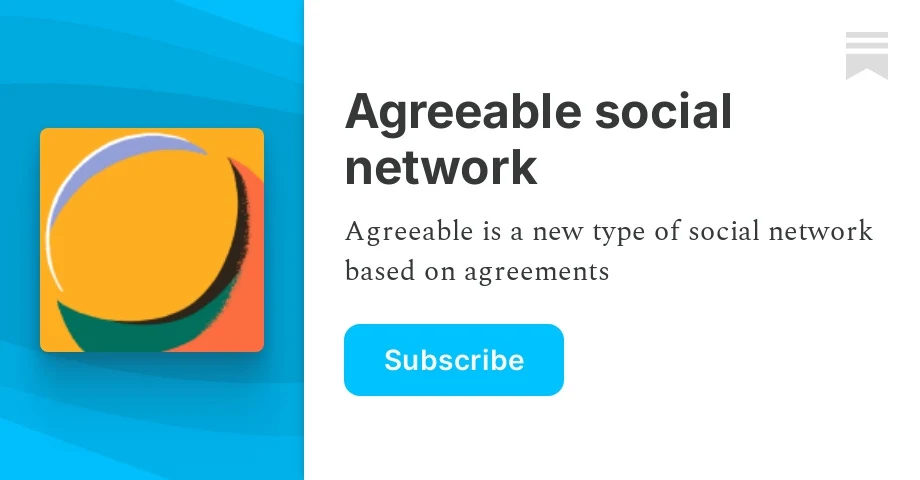Yes, I know, not entirely happy about that, although I do tend to follow the UCLA’s position on free speech. Also, trying here to put forth a proposal to build a new platform based on ethics where the ideologies of Nazism and Fascism etc. would not find fertile ground. Could we focus on that?
- 1 Post
- 3 Comments
Thank you so much for that reply! I appreciate all feedback, including criticism. The proposal may well prove to be redundant, I need to listen to the opinions of others to decide how/if to proceed.
Is creating agreements difficult? I imagine them springing up over time, proposed by different people to meet different needs, some gradually gaining adoption, others falling into obsolescence. Much the same way as open-source software over on GitHub. It’s the bazaar vs the cathedral.
If you don’t ski, then you wouldn’t sign the ski safety agreement. Not signing doesn’t weaken the agreement. What matters is that people who do ski decide to sign the agreement, which they would do, because no-one wants to suffer a collision. Stated differently, the power of an agreement is proportional to the percentage of people who partake in the activity and who adopt and adhere to the agreement.
If many poor people agree to universal income or universal healthcare, then we help each other within our limited means. Powerful people may choose to adopt the program when they can see benefit to themselves, although I suspect that the most powerful people in society would be the last to adopt this paradigm, because they have the least to gain.
Yes, this is politics from scratch, but very different politics. Law applies to everyone over a defined geographic area, whether they agree or not. The system I propose applies to everyone who agrees, without geographic bounds. You pick and choose the agreements that you believe in, and therefore the people you want to associate with, and the way in which you want to associate with them. It’s consent vs coercion.
A system such as the one I proposed simply wouldn’t be possible to implement prior to the widespread adoption of the Internet and personal computing. These technologies do provide new possibilities for human interaction on a global scale. However, the proposal is as much technological as it is social.
I’m curious to know in what way you think the system may prove to be dangerous? Or any more dangerous than the current system barreling towards global warming and biodiversity loss and maybe even a nuclear exchange.



Thank you for the feedback! I would say more humanist than Quaker, because there is no mention of the supernatural or deities. Although there is nothing to stop someone making an agreement containing the ten commandments, personally I wouldn’t sign that one myself.
It remains to be seen whether the proposed reputation system would stand up to abuse or devolve into noise. I’ve been house sitting for two years looking after people’s dogs and cats (trustedhousesittters.com) the whole system rests on trust and reputation and mostly works quite well, so there is prior art to reference. Also a lot of naysayers never thought Wikipedia would stand up to vandalism and yet the system has proved surprisingly resilient. I suspect the concept would appeal to the more ethical folk initially and gradually spread to the general population.